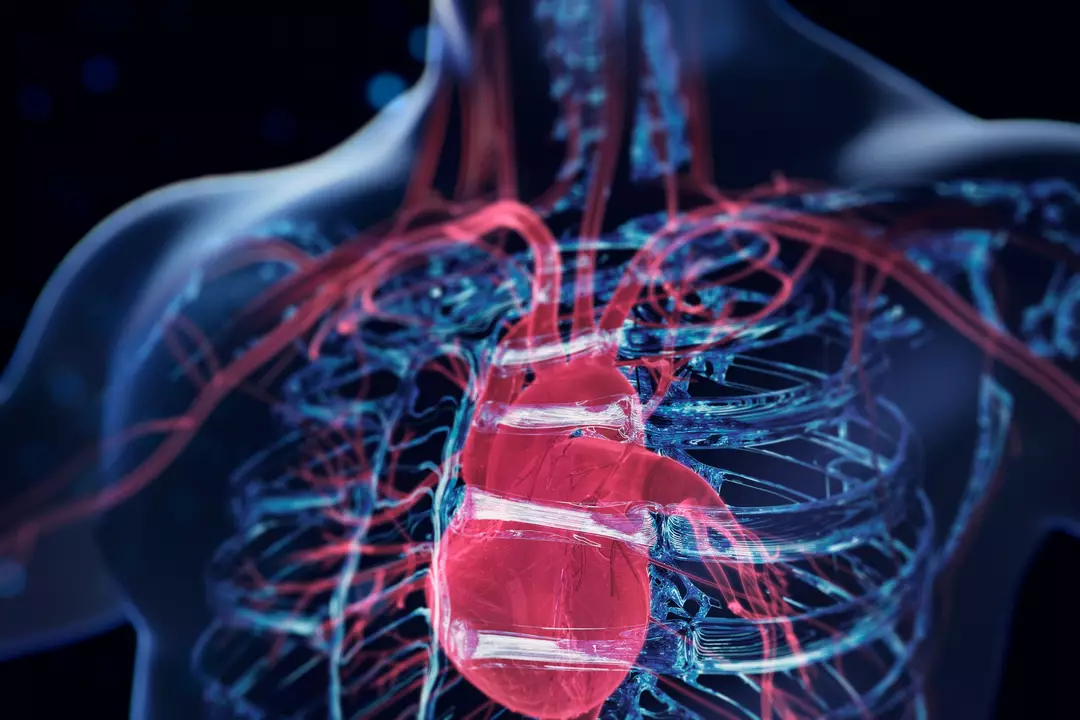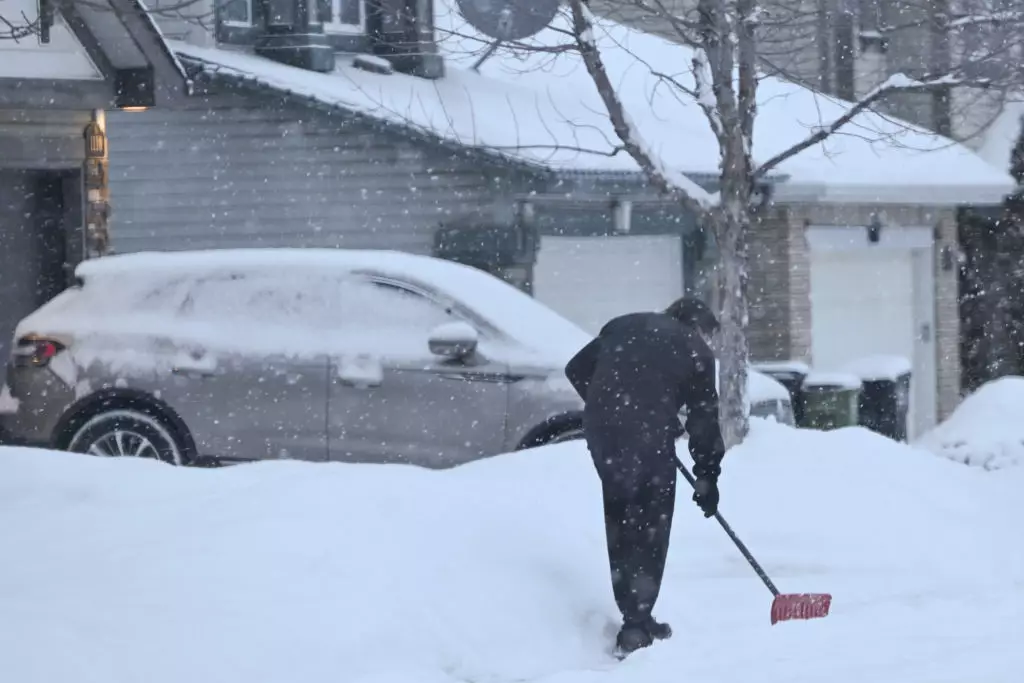An expert has sounded the alarm on the health risks associated with shoveling snow, revealing why this common winter chore can lead to health emergencies.
During the colder months, many people find themselves clearing snow from driveways to ensure safe access to their homes and continue with their daily routines.
However, few may realize that for some individuals, this task poses significant health risks.
Emergency rooms are notably prepared for an uptick in heart attacks and other vascular emergencies following heavy snowfall.
What exactly links snow shoveling to these health issues? The answer might surprise you.

According to Harvard Health, many people who shovel snow lead a sedentary lifestyle.
“Picking up a shovel and moving hundreds of pounds of snow, particularly after doing nothing physical for several months, can put a big strain on the heart,” it explains.
The cold weather further complicates matters by potentially increasing blood pressure, disrupting blood circulation, and making the blood more prone to clotting.
Lawrence Phillips, a cardiologist at NYU Langone Medical Centre, elaborated on the physiological impacts.

In an interview with The Independent, he stated: “Physically, what happens when you get really cold is you have constriction of the blood vessels.
“It decreases the blood supply you’re getting to your vital organs.”
Phillips emphasized that snow shoveling should not be a starting point for those unaccustomed to regular exercise.
“If you haven’t been exercising and you haven’t been exerting yourself, this is not the time to start,” he pointed out.
“The amount of work that goes into shoveling snow is tremendous.
“People will underestimate the amount of work they are doing.”
He mentioned that due to its ‘goal-orientated’ nature, shoveling can make it difficult for individuals to recognize when they should stop.

Harvard Health has provided some recommendations for those who must shovel snow, advising them to:
For anyone experiencing unusual symptoms, it is crucial to seek medical attention immediately. Symptoms of a heart attack can include:

